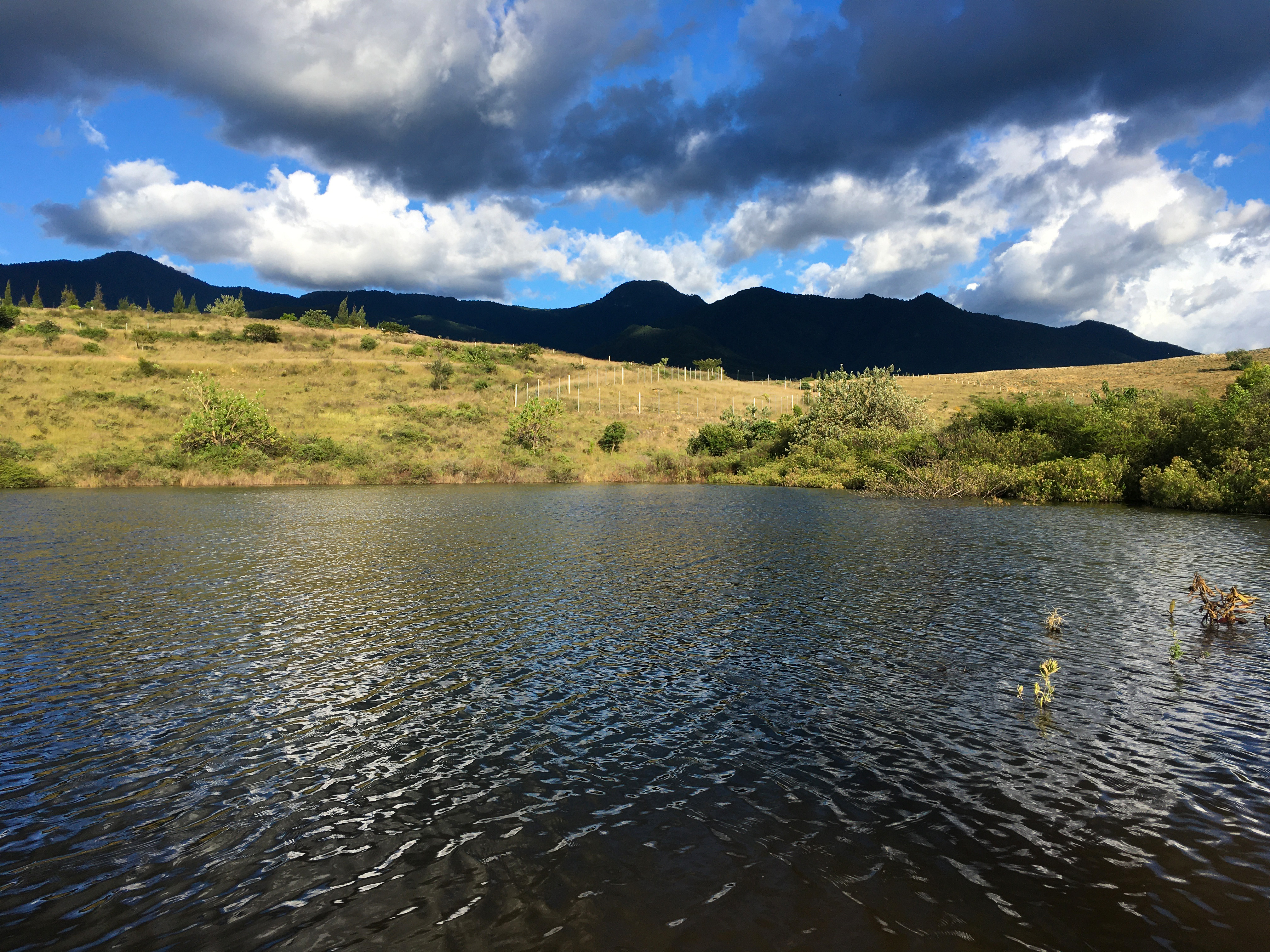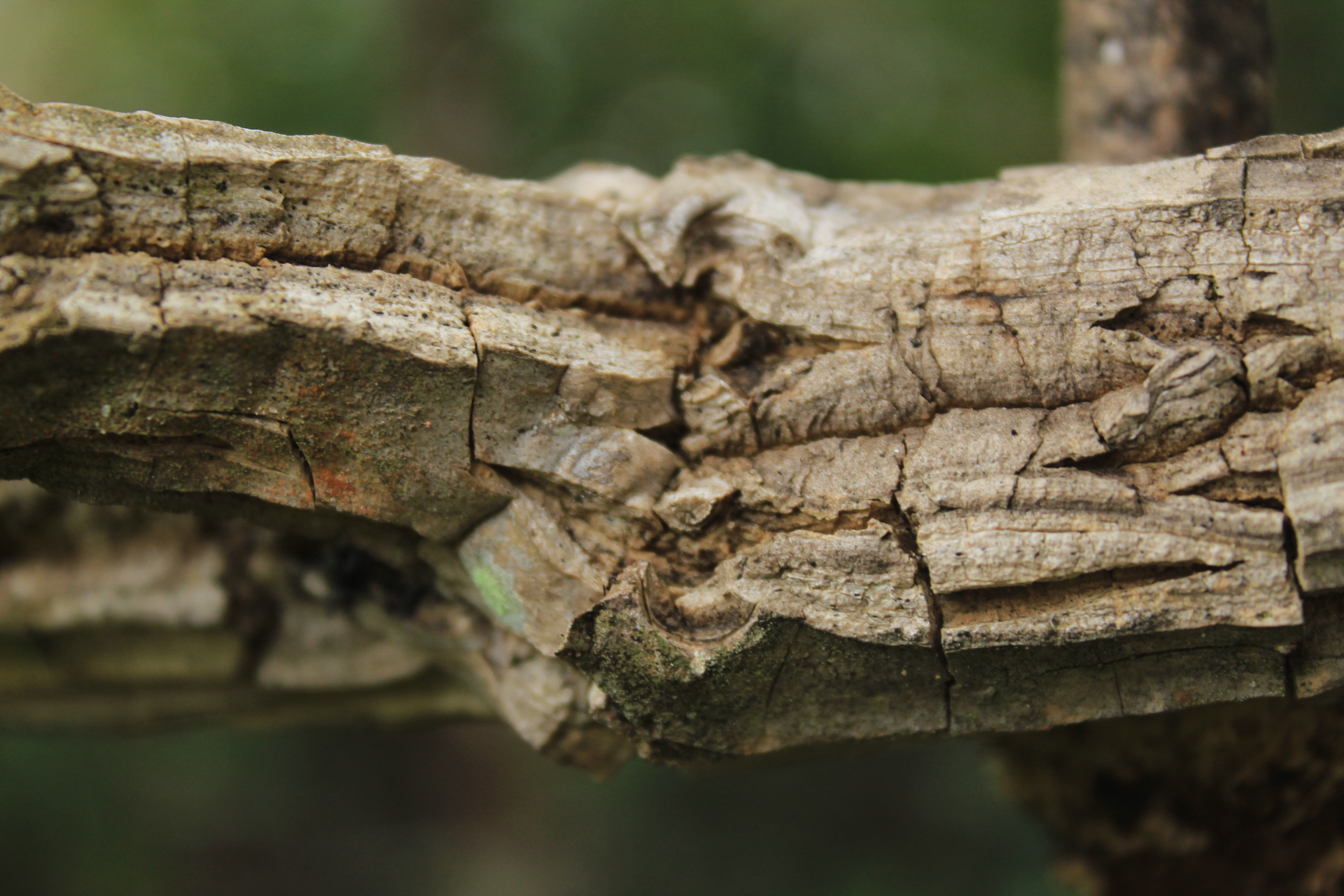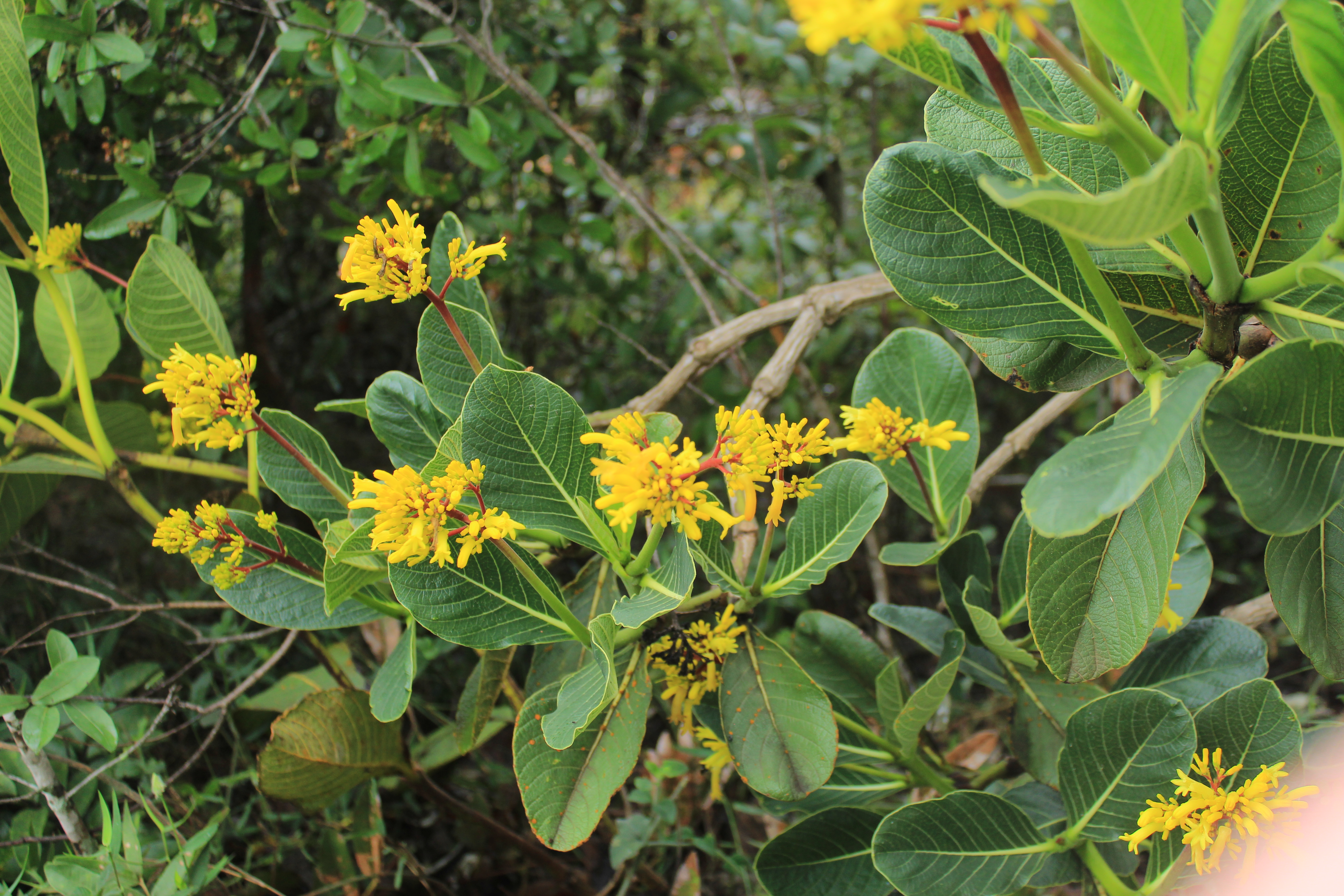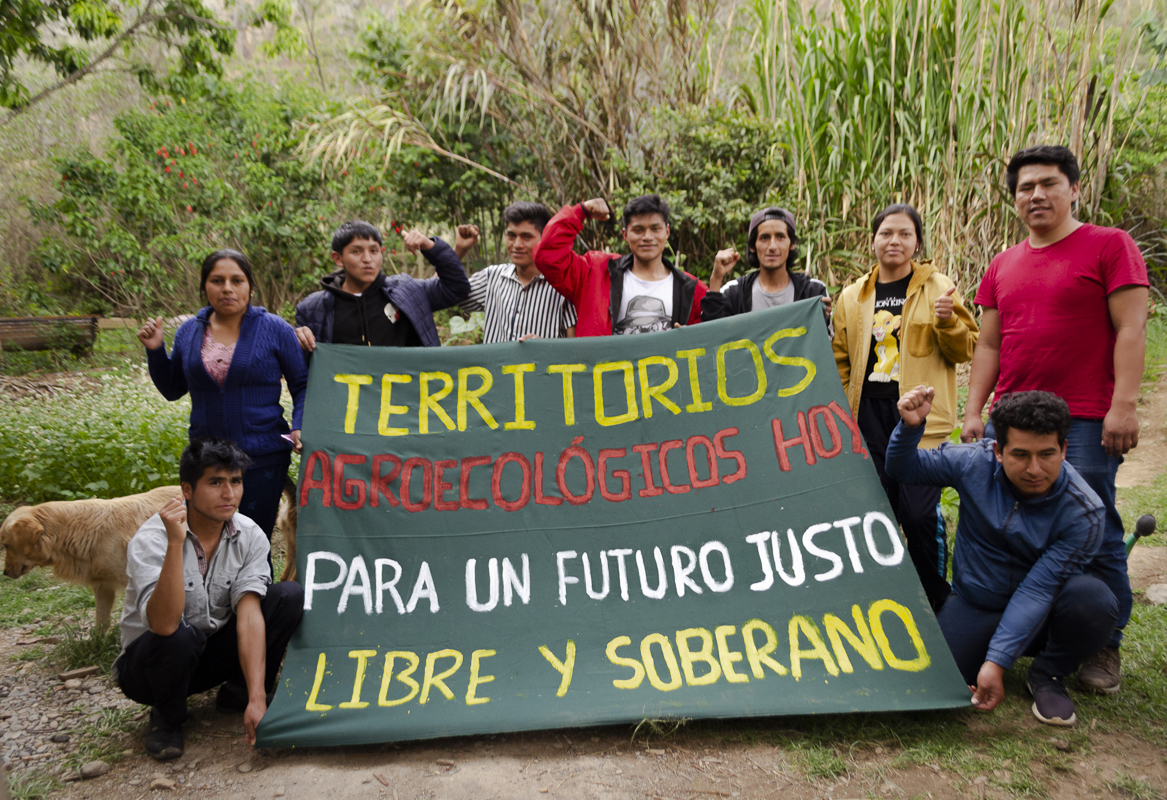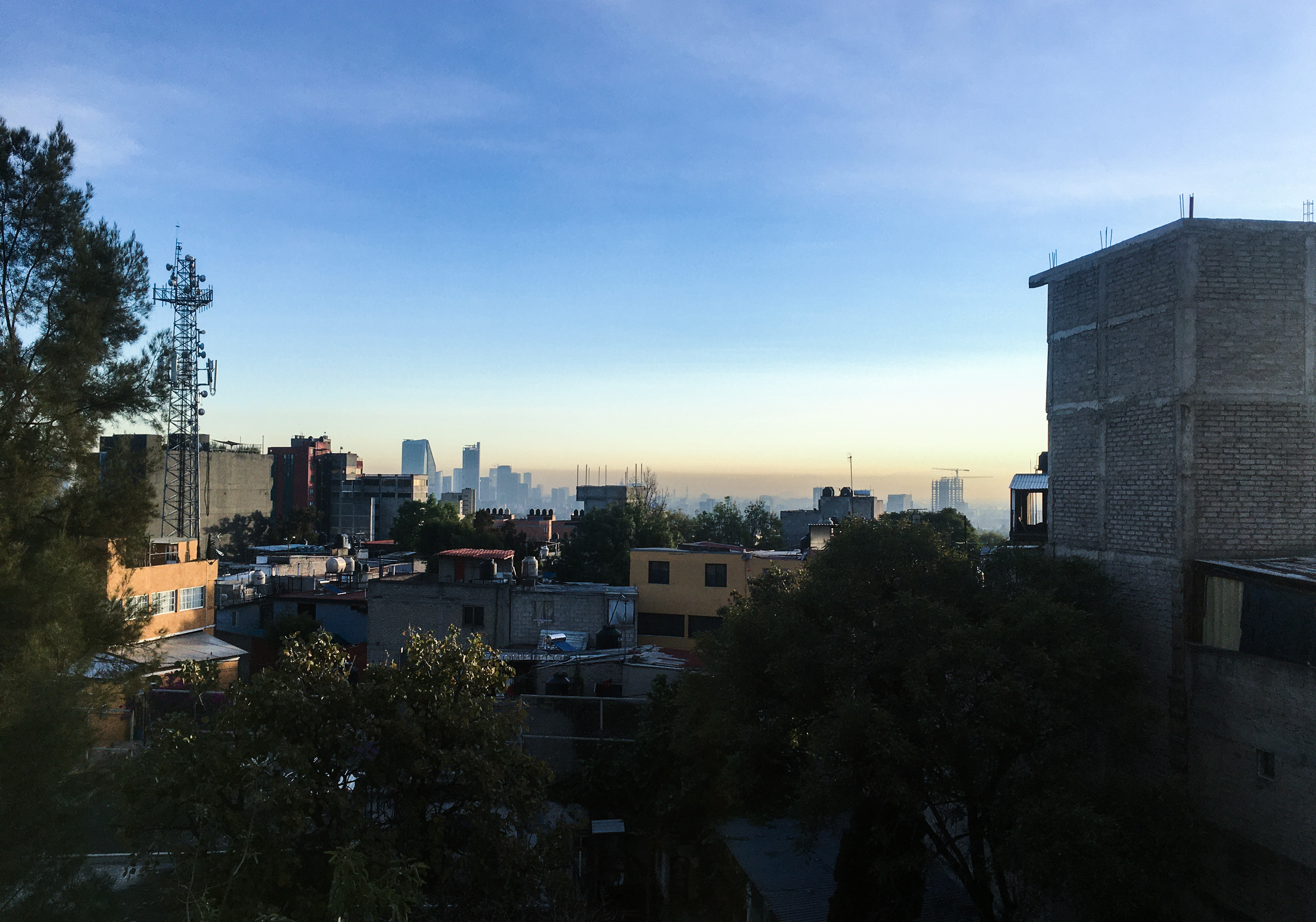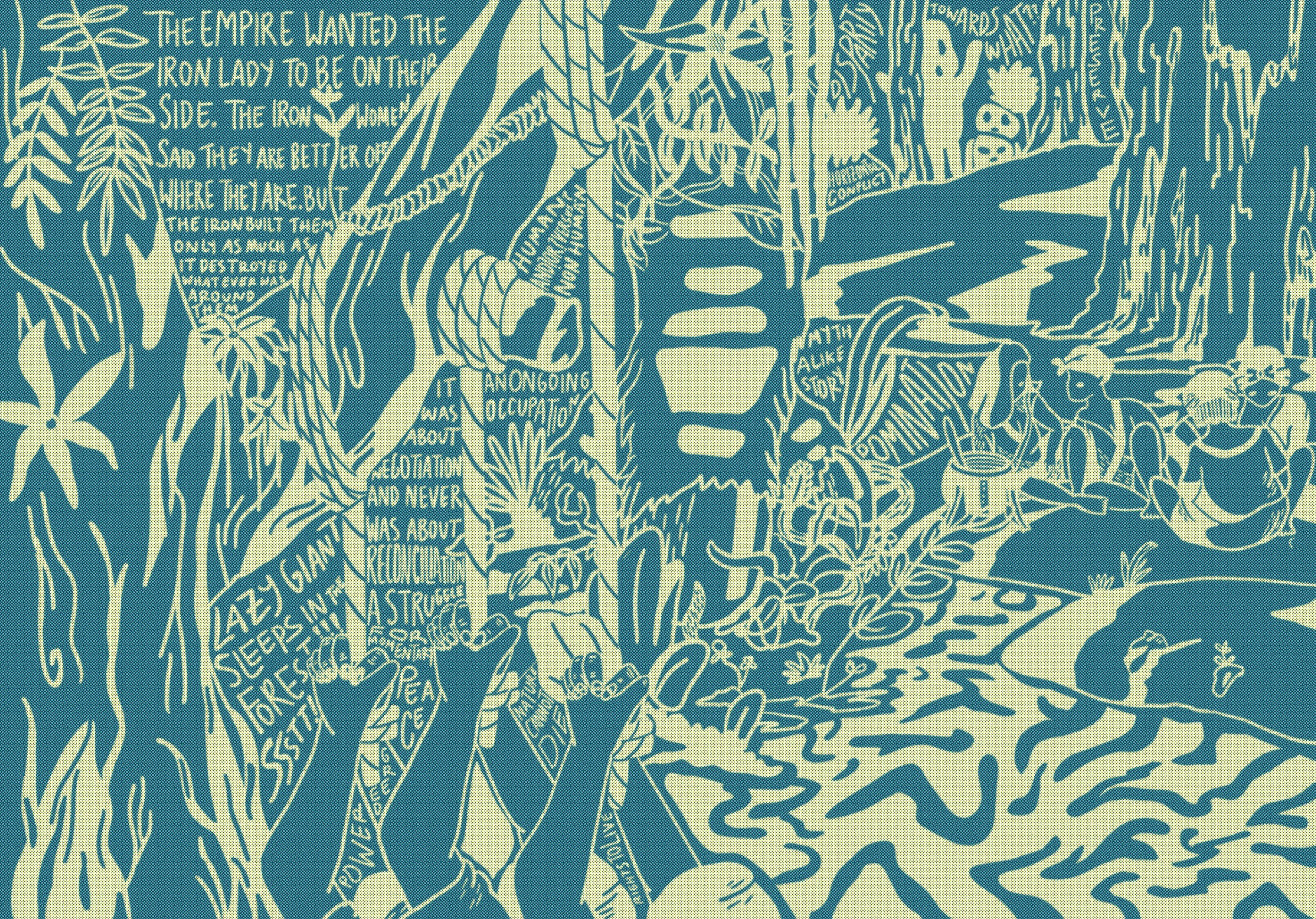The Cuban Atomic Era: A Ghost Living in the Landscape
When construction of the Juraguá Nuclear Power Plant (Cienfuegos, Cuba) was halted in 1992, an entire marine and terrestrial ecosystem of human, animal, and plant life began to populate the area. Today, more than three decades later, the island’s government has announced that it intends to install a toxic waste confinement system that threatens the way of life of a community that has grown among its ruins.

